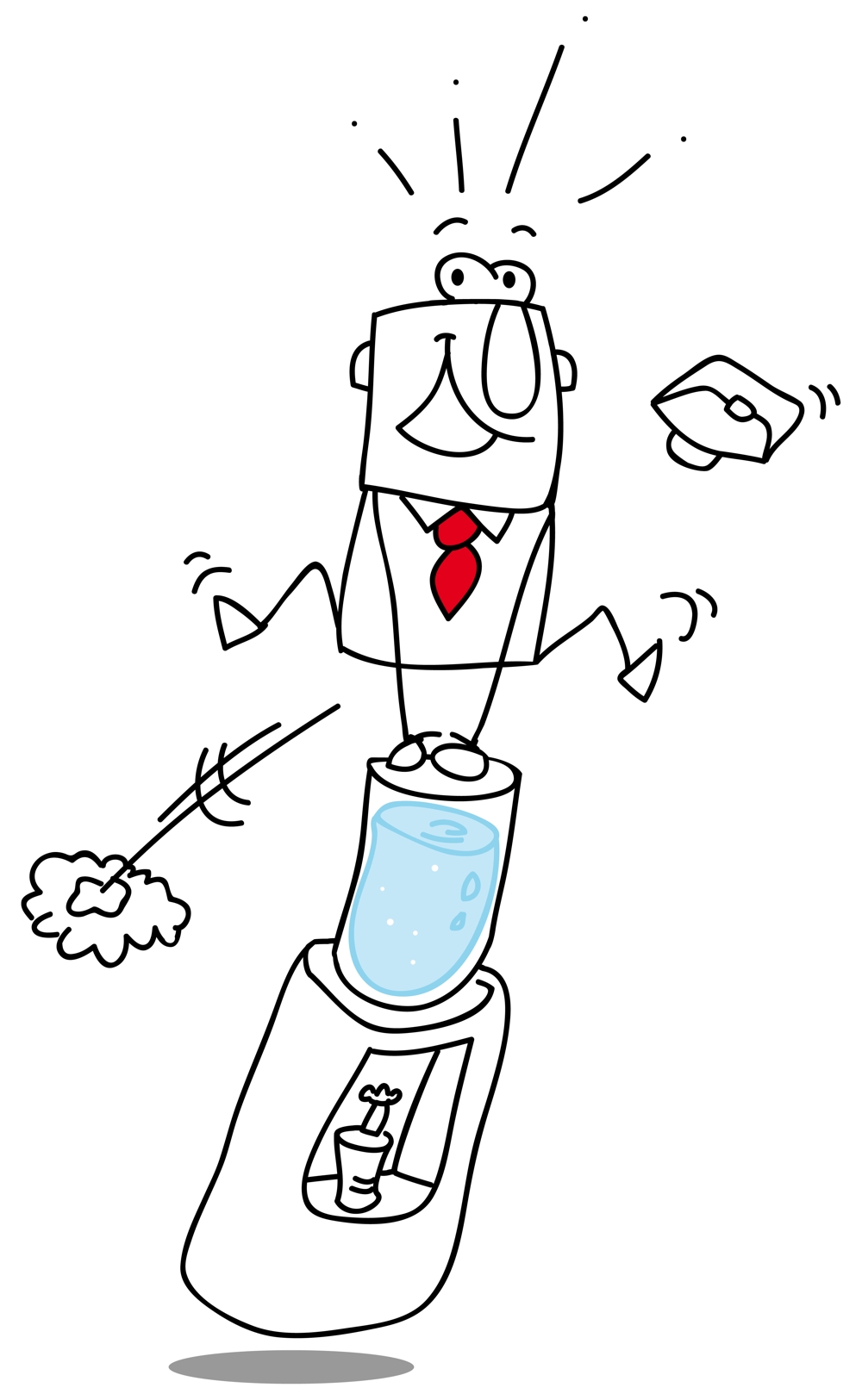
05 okt Protect your energy levels
The notion to protect our time is widespread, but protecting your energy levels are even more important!
By protecting our energy, we are able to use our time more efficiently, thus being more productive!
Here are 3 ways you can protect your energy levels each day and subsequently maximize your
productivity.
Wait before having coffee
While most of us instinctively reach for a cup of coffee as soon as we wake up, we should be waiting at least one hour before having our first cup.
There are reasons for this; you can read more about them them here –> Kaffe - bra eller dåligt för produktiviteten?
Our bodies have an internal clock that amongst other things dictates the release of cortisol in our bodies.
We have a natural spike of cortisol about one hour after we wake up.
It is when we combine a cup of coffee with this spike, that we run into trouble.
Leverage the time of day
If you really want to boost your energy, you can use caffeine and cortisol to your advantage.
If you drink coffee just after your natural cortisol spike, you’ll get the most benefit from it in terms of energy.
So what does all of this translate to?
For the average person with a normal sleep schedule (waking up around 7am), consume coffee in these windows:
• 9–11:30am
• 1pm-5pm (although some might find it difficult falling asleep if ingesting caffeine after 2pm)
Utilize your natural rhythms
Working in alignment with our natural rhythms is crucial for supporting our energy levels.
Our bodies have various rhythms which ebb and flow throughout the day.
One such rhythm is the ultradian rhythm – which purpose is to manage the cycles of energy production,
One of the ultradian rhythms is the Basic Rest Activity Cycle, or BRAC.
The BRAC rytm have a peak is approximately a 90 minutes, followed by 20 minutes of low-frequency brain activity or trough.
At the end of the 90 minutes, it’s crucial we give our bodies and minds a rest.
Otherwise, we’ll be pushing our bodies and minds beyond their limit.
However, so many of us continually push ourselves beyond this limit, wreaking all sorts of havoc on our bodies and our mental health.
Learning to pay attention to our ultradian rhythms is key.
There are two ways to leverage your ultradian rhythm to boost your energy levels:
Work during your Peak
Working during our peaks is key to maximum productivity.
It is during these times that our bodies and minds are at their best. We have roughly 90
minutes in this state.
Break during your Trough
We must take a break during our troughs if we want to achieve maximum productivity
without burning out. In order to make the most of our 90 minute work periods, we need to rest effectively.
During this break, we need to physically and mentally move away from our work.
Don’t stay at your computer, don’t continue churning work problems over in your mind.
A lot is happening during these 20 minute breaks:
A great tip is to get yourself physically active at the bottom of the BRAC cycle.
Some practices to include in your break include:
• Walk
• Chit chat with people around you
• Tidy up your space
• Stretch, gentle yoga flow
• Practice mindfulness
If we skip this naturally occurring signal for a break and instead power through, we will
eventually get through the trough and into the next peak. But this peak won’t be nearly
as high as if we’d stopped and taken a break.
We will be incredibly less productive and less efficient, and we’re actually putting
ourselves at a big health risk as well. Skipping these breaks can increase inflammation,
lower immunity, increase blood pressure, and slow the metabolism, among many other things.
In the long term, this can lead to mood imbalances, autoimmune issues, and even brain damage.
Move regularly
Movement is energizing.
While you may think it’ll drain your energy, it actually has the opposite effect.
Moving frequently throughout the day at a low intensity is a great way to both support
your health and boost your energy.
For example, morning exercise has been found to increase cognitive abilities as effectively as a cup of coffee.
Try to avoid sitting for more than 30 minutes at a time without a movement break of at least two minutes.